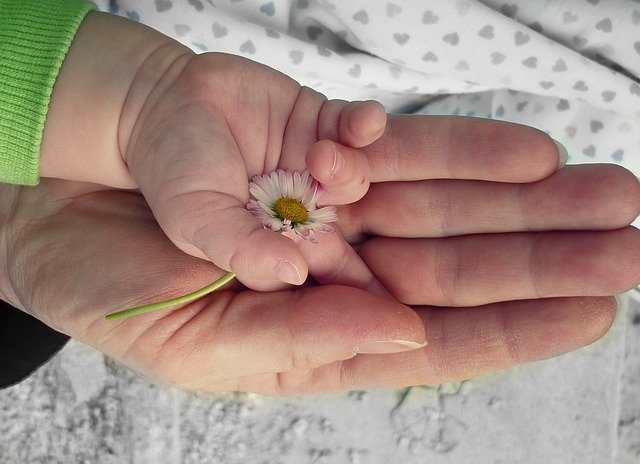What does Iron Deficiency mean?
When our body is not getting sufficient iron to function properly, then it is referred to as Iron Deficiency. It is the most common deficiency generally found in women during pregnancy and menstruation period. Iron is a vital mineral that helps red blood cells to carry out oxygen to our body cells and tissues. Iron deficiency causes anemia, which happens when blood hemoglobin levels are low. During pregnancy, 4% of women experience iron deficiency, and to curb the deficiency, many of them prefer to take chewable iron supplements for women.
Benefits of Iron
When you are pregnant, your body uses iron for you and your baby to make extra blood. It helps your red blood cells to move oxygen from your lungs to different parts of your body and even to your baby. You can prevent the condition of having a low level of red blood cells in your body by getting enough iron. As lower RBCs can lead to iron deficiency anemia, which can cause premature birth or low birth weight.
How common iron deficiency is, in pregnant women?
One in 4 pregnant women experiences iron deficiency anemia during pregnancy.
Other women are at higher risk of developing iron deficiency, and these may include the following:
- Who eat vegan diets or complete vegetarian diets.
- Who has blood flow during menstruation.
- Who donate blood often.
- Who have a gluten sensitivity.
- Who have become pregnant multiple times.
Will the deficiency impact the mother’s and baby’s health?
Iron deficiency can lead to a need for blood transfusion and cause low energy levels in mothers. For babies, it can affect the nerve or brain function and can be a cause of low birth weight.
Symptoms of Iron deficiency
Symptoms of Iron deficiency anemia include:
- Fatigue
- Feebleness
- Yellowish or pale skin
- Abnormal heartbeats
- Shortness of breath
- Lightheadedness or dizziness
- Chest pain
- Cold feet and hands
- Headache
However, you need to keep in mind that symptoms of iron deficiency anemia are quite similar to pregnancy symptoms. Therefore, you should have blood tests to screen for deficiency during pregnancy. Your doctor may suggest some iron supplements suitable for pregnant women if you have an iron deficiency.
What foods are rich in Iron?
You can find iron in numerous food items, including poultry, meat, and even plant-based food like spinach and broccoli. Generally, two types of iron are found in food- Heme Iron and Nonheme Iron:
Heme Iron:
It is the most reliable form of iron we get from food which our body absorbs the best. Below are some food items with heme iron:
| Food Items | Mg of Iron(per 75gm Serving) |
| Beef and Lamb | 1-3 |
| Oysters | 7-9 |
| Chicken | 0.5-1 |
| Pork | 0.8 |
| Mussels | 5 |
Nonheme Iron:
These are the types of iron which we get from plant-based diet or cereals, Below are some food items without heme:
| Food Items | Mg of Iron |
| Pumpkin Seeds | 8.5 |
| Tofu | 2-7 |
| Legumes | 2-7 |
| Vegetables | 1-2 |
| Nuts | 0.5-2 |
| Bread | 1 |
| Eggs | 0.9 |
Are you pregnant and getting enough Iron?
When you are pregnant, it becomes quite challenging to get sufficient iron, even if you have an iron-rich diet. This happens especially with women who follow a vegan or vegetarian diet. If you are a vegetarian, you should keep a check on your hemoglobin and iron level in your body and, if required, add some iron supplements to your diet. Because a pregnant woman requires twice the amount of iron as she did before expecting a baby. About 50% of pregnant women in the world don’t get enough iron and experience fatigue and weakness throughout their pregnancy period. If you are experiencing symptoms of iron deficiency anemia, you should not neglect them and left untreated else it can be harmful to you and your baby.
How much iron do pregnant women need to take?
During pregnancy, women must aim to have 27gm of Iron in a day. The digestive system absorbs only 4 mg of this. Most women, during their pregnancy, get lower than 15 mg a day from food. To meet the objective of 27 mg per day would require important changes to their diet. Iron-forfeited diet is recommended during pregnancy, as well as Iron supplements for pregnant women.



